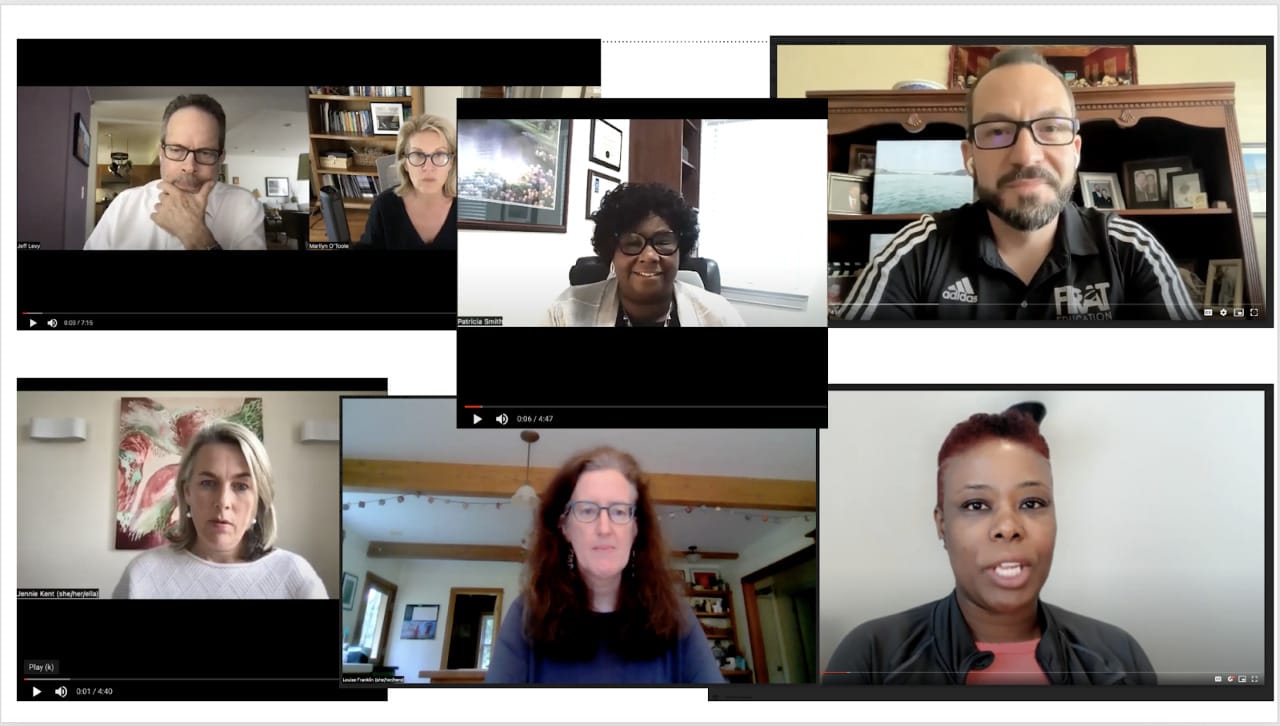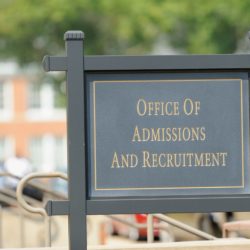IECA responded to today’s sentencing of Rick Singer, mastermind of the “Operation Varsity Blues” college admissions scheme, which has included the conviction of more than 50 people.
While Singer’s wrongdoing has resulted in a jail sentence today, and both parents and athletic directors have been similarly found guilty, these punishments have not resulted in fixing the many problems vexing college admissions.
“The Varsity Blues scandal led colleges to review their admissions systems to make sure they were ethical and upstanding, but the broader issue of opaqueness continues to plague the college application process—and result in heightened student and parent anxiety,” said Mark Sklarow, CEO of IECA. “While we applaud the court for bringing Rick Singer to justice, we continue to advocate for greater transparency in admission criteria from college admissions offices.”
The steep decline in college acceptance rates further heightens the anxiety levels of students and families. With many colleges moving to test-optional admissions due to the pandemic, the pool of applicants has grown, and acceptance rates have fallen to record lows for many colleges and universities: most recently 3.19% for Harvard, 8.56% for Rice, and 9% for Tufts, among others.
Adding to this, access to college advising is unequal across the country and particularly strained in urban and rural public high schools, where the average student-to-counselor ratio is 455:1 and more than 700:1 in some areas. This leaves school counselors overburdened and students under-resourced.
How IECA Assures Parents the Highest Ethical Standards in College Advising
Independent college advisors who seek to join IECA go through an extensive application process designed to assure the public that unlike Singer, the advisor they are working with is knowledgeable, competent, and ethical. They must have a master’s degree (or equivalent), at least three years of admissions counseling experience, experience working with scores of students, and have visited 50 campuses before they can be considered for professional membership. In addition, all members must agree to abide by IECA’s Principles of Good Practice and submit their marketing materials for review to ensure they accurately reflect the independent educational consultant’s role.
IECA members sign an annual pledge that governs their interactions with colleges, students, and parents. They agree to avoid any action that distorts or misrepresents a student’s record or interferes with a university’s ability to accurately evaluate a student. Because IECA consultants are committed to the highest ethical standards of practice, families find that IECA members have the student’s best interest as their sole focus.
Recent years have seen tremendous growth in the independent educational consultant profession, with IECA’s membership now totaling more than 2,600 consultants in almost every state and 41 countries around the world (reflecting a 60% growth since the Varsity Blues scandal broke). Throughout its growth, however, it’s adherence to the highest standards in ethical, student-centered advising has remained unchanged. According to Sklarow, “Our growth is a testament to the public’s reaction to the Varsity Blues scandal. Parents wanted a way to be guaranteed that their IEC was both capable and earnest in finding the best possible college or university for their child.”
Sklarow continued, “Our members are ethical, compassionate professionals who dedicate their careers to advising students and families on their individual paths to success. They focus on the unique student’s needs to help them have a successful experience wherever they choose to attend college.”
How IECA Members Help Students and Families Navigate College Admissions
Families who choose to work with an IECA member educational consultant to navigate the college admissions process benefit from the consultant’s expertise, professionalism, and unbiased viewpoint to find the best-fit college for their student.
IECA members have extensive, firsthand knowledge of colleges—gained from touring dozens of colleges, meeting with admission officers, and conducting their own research. An IECA member consultant offers individual attention, spending hours with each student and their family to learn the student’s personality, interests, qualifications, and aspirations.
Combining their vast knowledge and their understanding of the specific student, IECA member consultants then help find the best-fit colleges for the student—those that provide the best environment for the student’s academic, social, and personal growth and meet the student’s financial needs. An IECA member consultant walks the student and family through each step of the college application process, meaning reduced stress and anxiety for the student and family.
IECA members believe there are many great postsecondary options for every student, and no student should be made to feel that they must become something they are not to get accepted. Being and presenting one’s authentic self and demonstrating one’s own talents and abilities is a way of ensuring the right college fit. This is central to what an ethical independent educational consultant does.










